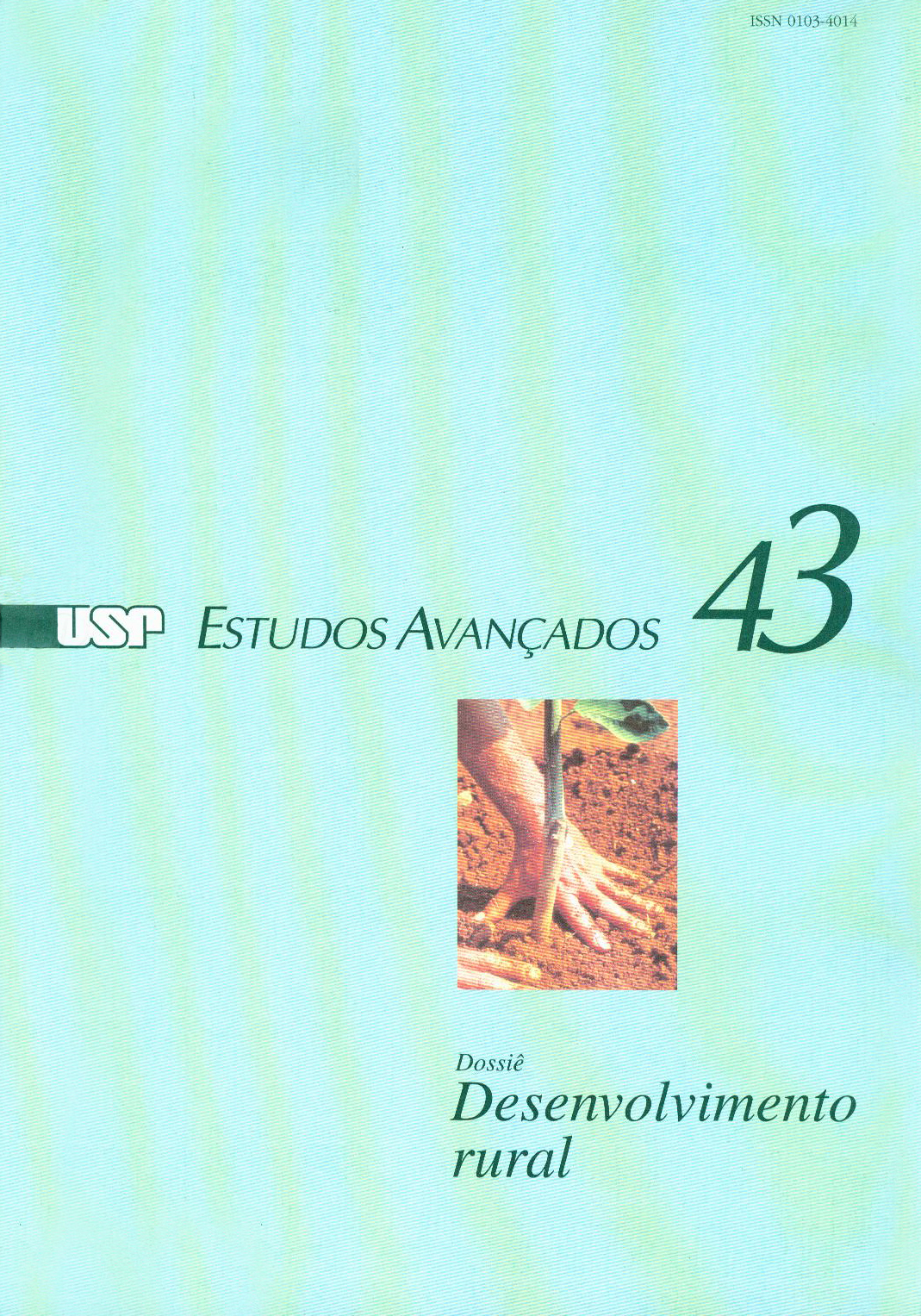Água e desenvolvimento rural
Resumo
DISCUSSIONS on water resources development generally focus on a variety of technical options, often without considering the potential political repercussions of each option. In this paper are incorporated both technical and political considerations in a tech-political decision-making framework. Water resources development alternatives are then examined to evaluate their priorities for development in rural area of Brazil. If we look at the world around us we see that Brazil enjoys abundant fresh water resources: average per capita renewable water resources of about 35.000 m³/year in rivers and a per capita of 5.000 m³/year that could be developed from ground water reservoirs. Nevertheless, the crisis has become apparent as drought; in others, as increased demand; and everywhere, as water pollution. However, fresh water should not appear as constraint in the overall planning process in more than 95 % of states in Brazil, rather realistic development and production targets should be matched to its local water availability. One must began to realize one can no longer follow the philosophy of wastefulness use and discard domestic and industrial sewage into nearby water bodies. For many cases this approach is not merely another alternative, but the only one available.Downloads
Os dados de download ainda não estão disponíveis.
Downloads
Publicado
2001-12-01
Edição
Seção
Dossiê Desenvolvimento Rural
Licença
Estudos Avançados não celebra contrato de cessão de direitos autorais com seus colaboradores, razão pela qual não detém os direitos autorais dos artigos publicados. Os interessados em reproduzir artigos publicados na revista devem necessariamente obter o consentimento do autor e atribuir devidamente os créditos ao periódico.
Como Citar
Rebouças, A. da C. (2001). Água e desenvolvimento rural . Estudos Avançados, 15(43), 327-344. https://revistas.usp.br/eav/article/view/9840


